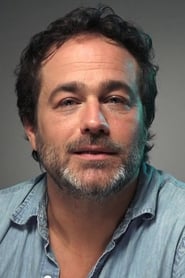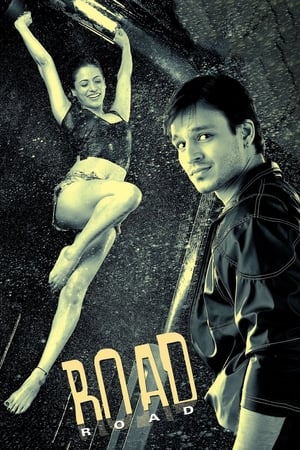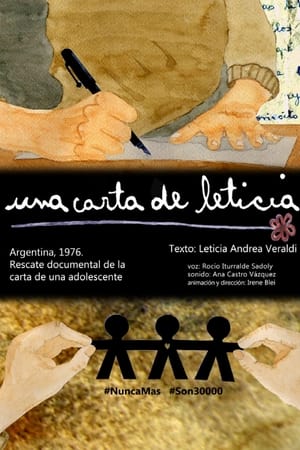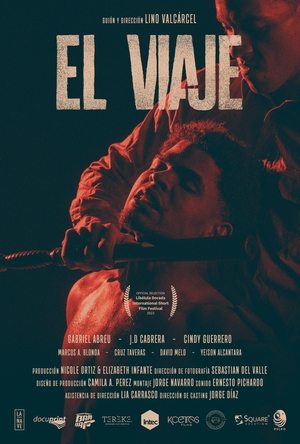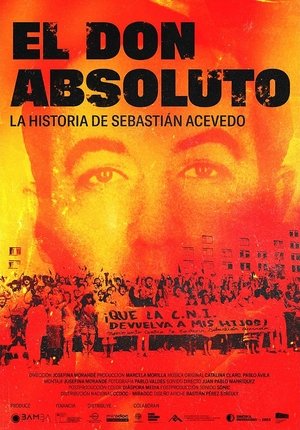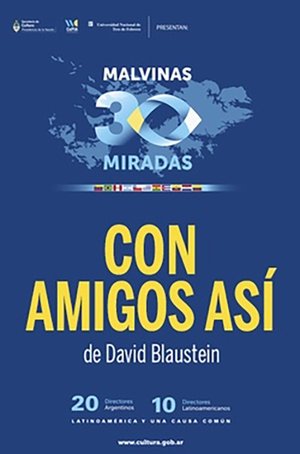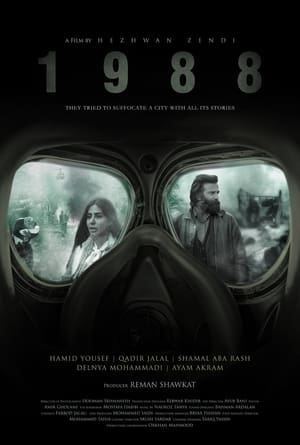
The Blow: Chronicle of a Conspiracy(2006)
Argentina, 1973. The return of democracy marks the beginning of a new countdown to the next coup d'état: on March 24, 1976, the worst dictatorship in Argentine history is installed, the bitter fruit of a plot carefully hatched for months.

Movie: The Blow: Chronicle of a Conspiracy
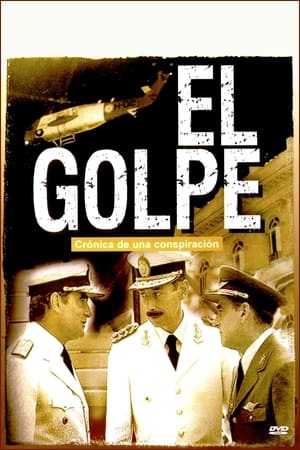
El golpe: crónica de una conspiración
HomePage
Overview
Argentina, 1973. The return of democracy marks the beginning of a new countdown to the next coup d'état: on March 24, 1976, the worst dictatorship in Argentine history is installed, the bitter fruit of a plot carefully hatched for months.
Release Date
2006-03-24
Average
6
Rating:
3.0 startsTagline
Genres
Languages:
EspañolKeywords
Recommendations Movies
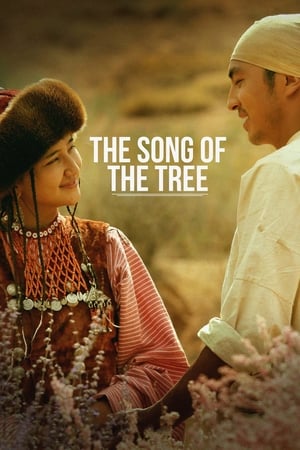 5.3
5.3The Song of the Tree(ky)
Esen, a young man who has been expelled from his village, escapes with the daughter of one of the most powerful men in the village. Whilst being pursued, he is forced to fight for her hand in a battle that results in the destruction of a sacred totem tree. This puts the whole village in jeopardy, and it is up to Esen to redeem himself and save them all.
 6.4
6.4Angelique and the Sultan(fr)
Angélique is in a North African Muslim kingdom where she is now part of the Sultan's harem. She refuses to be bedded as her captors try to beat sense into her. She finally decides to escape with the help of two Christian prisoners.
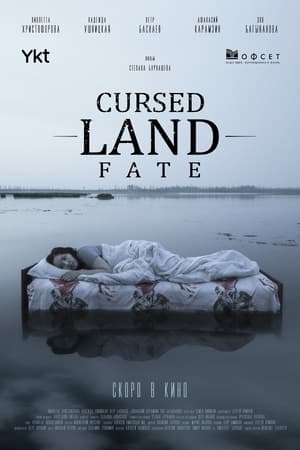 7.5
7.5Cursed Land. Fate(ru)
23-year-old student Alyona returns from Moscow to Yakutsk after a call from her mother's friend Svetlana, who says that her mother Anna has been missing for three days now. The girl goes to the police, and she is shown a printout, which contains the last date when Anna called the intercity taxi. The policeman adds that, according to the taxi driver, he took the described woman to a village called Symyr. Alyona immediately decides to go to Symyr and asks her stepfather to take her.
HGTV: My House Goes Disney(en)
TV Special converting a Disney fan's house into their dream home.
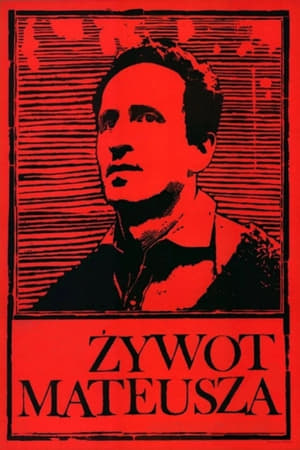 6.1
6.1Matthew's Days(pl)
A man who is socially inept and out of touch with the world lives with his sister in a small farmhouse. The overly sensitive man lives off his hard-working sibling, taking odd jobs as he gets them to secure his meager earnings. When he brings home a woodcutter from the forest, the sister and the newcomer fall in love. Terrified over a life without his sister, the man can't cope.
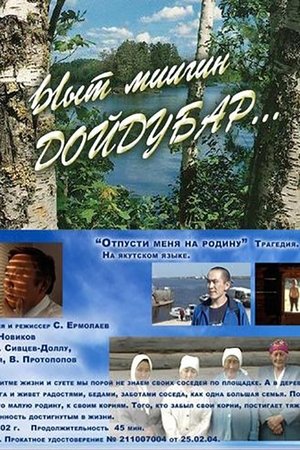 5.5
5.5Let Me Go Home(ru)
In hustle and bustle of urban life, we sometimes don't know our neighbors next door. And in the village, everyone knows each other and lives with the joys, troubles, and worries of a neighbor, like one big family. That's why a person is pulled to their small homeland, to their roots. The one who forgets their roots experiences a burdensome emptiness and dissatisfaction with their achievements in life.
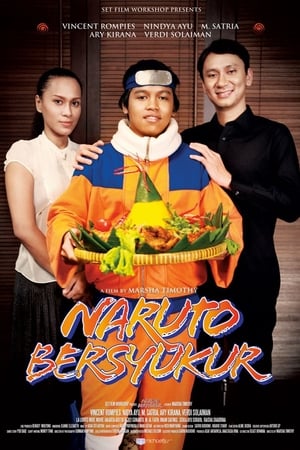 7.8
7.8Naruto Bersyukur(id)
A short film by Marsha Timothy, adapted from short story “Naruto Bersyukur” by Pidi Baiq.
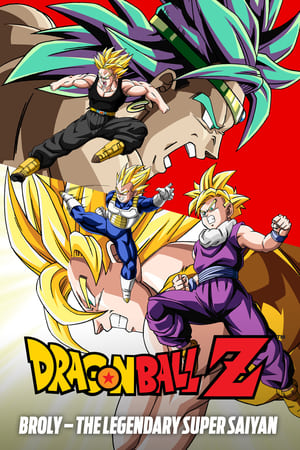 7.2
7.2Dragon Ball Z: Broly - The Legendary Super Saiyan(ja)
While the Saiyan Paragus persuades Vegeta to rule a new planet, King Kai alerts Goku of the South Galaxy's destruction by an unknown Super Saiyan.
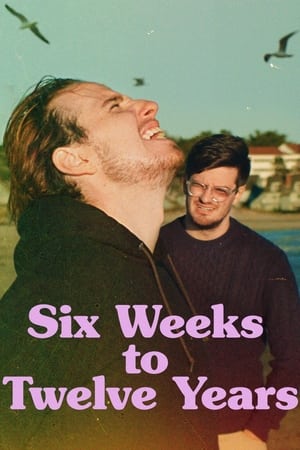 6.1
6.1Six Weeks to Twelve Years(en)
After the death of their abusive father, two estranged twin brothers must reunite and sell off his property.
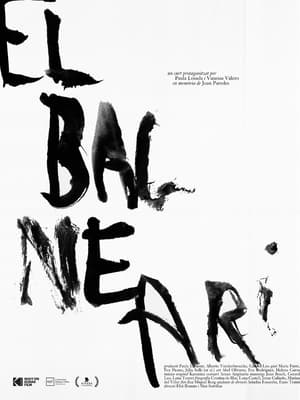 7.0
7.0El balneari(ca)
Two girls work at a spa helping old people. They help them going in and geting out of the swimming pool, they fill them with unguent... But the aged bodies generate a weird resistance when they leave the water.
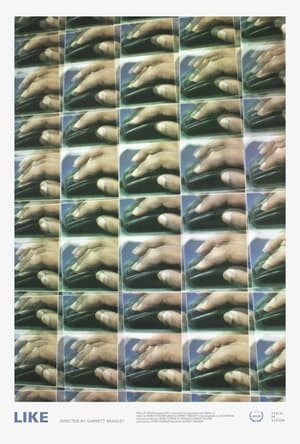 3.9
3.9Like(en)
In our current world, where worth is often gauged by online popularity, an economy has developed for paying for followers and likes. Through access inside the “click-farms” of Bangladesh, Like explores the multi-million dollar industry that grows social media followings for celebrities and brands alike.
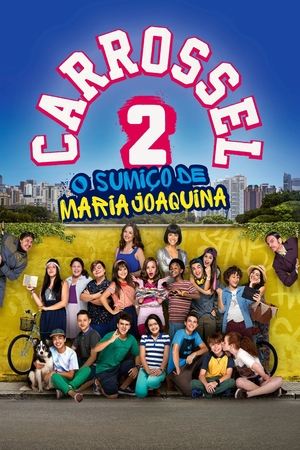 6.2
6.2Carrossel 2: O Sumiço de Maria Joaquina(pt)
The children are invited by a Brazilian music star to one of his shows. But the trip turns into a nightmare when the villains Gonzales and Gonzalito, recently released from prison, decide to kidnap Maria Joaquina.
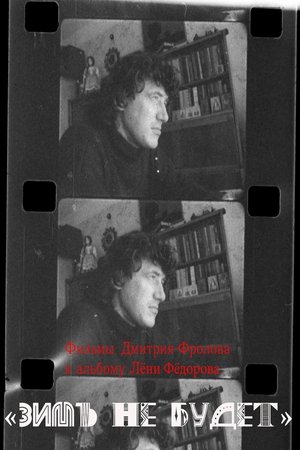 0.0
0.0Winter Will Not Be(ru)
"There will be no winters" - a film consisting of 14 short novels, each with its own plot and a musical theme. In fact, this is a screen version of the same album of Russian avant-garde singer Leonid Fedorov.
 7.1
7.1Lola's Secret(it)
Young man has his dreams come true when the sexy new maid seduces him. But she also has a secret that leads to trouble.
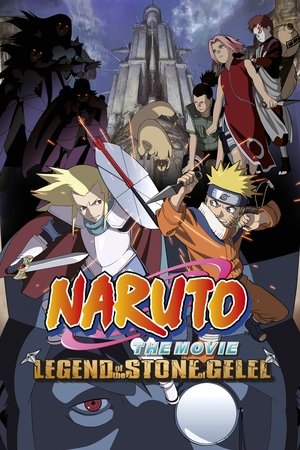 6.7
6.7Naruto the Movie: Legend of the Stone of Gelel(ja)
Naruto, Shikamaru, and Sakura are executing their mission of delivering a lost pet to a certain village. However, right in the midst of things, troops led by the mysterious knight, Temujin, attack them. In the violent battle, the three become separated. Temujin challenges Naruto to a fight and at the end of the fierce battle, both fall together from a high cliff...
Similar Movies
 6.8
6.8Belarus: An Ordinary Dictatorship(fr)
It’s the last dictatorship of Europe, caught in a Soviet time-warp, where the secret police is still called the KGB and the president rules by fear. Disappearances, political assassinations, waves of repression and mass arrests are all regular occurances. But while half of Belarus moves closer to Russia, the other half is trying to resist…
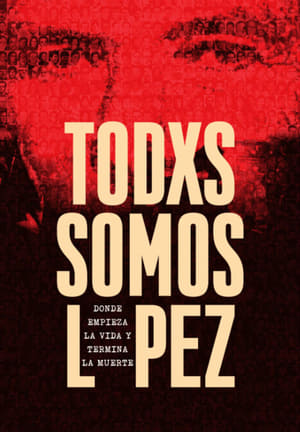 0.0
0.0Todxs somos López. Donde empieza la vida y termina la muerte(es)
A chronicle on the days without Jorge Julio López, key witness and complainant on the first trial on genocide in Argentina, dated in 2006. López, who had survived through concentration camps on the late seventies argentinian dictatorship, disappeared for the second time the day the court decision meant to condemn his kidnappers was about to be read.
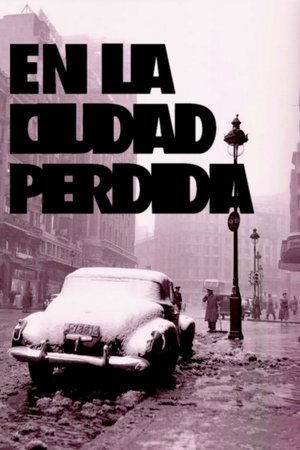 4.0
4.0In the Lost City(es)
The city of Madrid as it appears in the Spanish films of the 1950s. A small tribute to all those who filmed and portrayed Madrid despite the dictatorship, censorship and the critical situation of industry and society.
 0.0
0.01944. Deportation(uk)
In 1944 Crimean Tatars has suffered a long road in exile. It was accompanied by famine, illness and loss. In the first years of exile, almost half of deported Crimean Tatars died. But those, who survived, dreamed of only one thing - to return to Crimea. The documentary 1944 tells about the tragedy of all Crimean Tatars through several separate life stories. They are cherished by each Crimean Tatar family and must be remembered by all generations to come.
 7.5
7.5Fascism in Colour(en)
After the World War I, Mussolini's perspective on life is severely altered; once a willful socialist reformer, now obsessed with the idea of power, he founds the National Fascist Party in 1921 and assumes political power in 1922, becoming the Duce, dictator of Italy. His success encourages Hitler to take power in Germany in 1933, opening the dark road to World War II. (Originally released as a two-part miniseries. Includes colorized archival footage.)
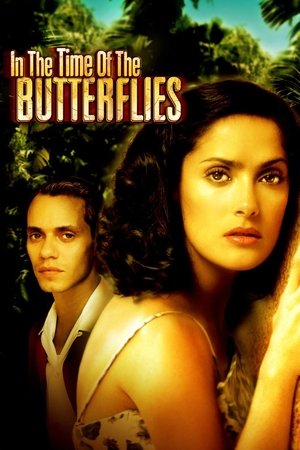 6.3
6.3In the Time of the Butterflies(en)
Based on the book by Julia Alvarez. Three sisters become activists during the Dominican Republic's Trujillo regime when members of their family are killed by the government's troops.
 7.5
7.5Cuba and the Cameraman(en)
This revealing portrait of Cuba follows the lives of Fidel Castro and three Cuban families affected by his policies over the last four decades.
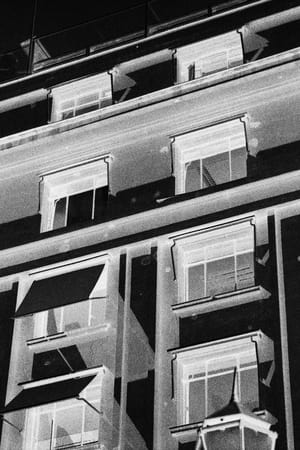 0.0
0.0Stone Wound(es)
The marks of the violence of the Chilean state, against its own compatriots. Flicker Film. 35mm B & W Still Photography. Silent.
 8.5
8.5The Boys from Brazil: Rise of the Bolsonaros(en)
This documentary tells of the extraordinary rise of Jair Bolsonaro, from relative obscurity to the ultimate seat of South American power. Told through intimate interviews with some of those closest to him including his eldest son Flávio, former government ministers, as well as his opponents, explore Bolsonaro’s brilliant yet ruthless journey to the presidency, with high-stakes drama, guns and God.
Fireflies at El Mozote(en)
During the 1980s civil war in El Salvador, a rebel group of leftist guerrillas fight to expose its government's death squads via an underground radio network and hope to end their government's reign of terror with the help of an American journalist.
 6.0
6.0Bones of Contention(en)
A history of the political and social repression carried out by the ruthless regime of Spanish dictator Francisco Franco between 1936 and 1975 that focuses on the lives of gays and lesbians during those dark years and the death of the Spanish gay poet Federico García Lorca.
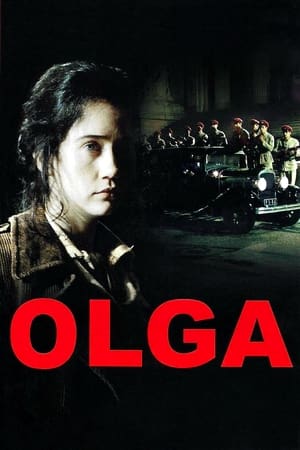 7.2
7.2Olga(pt)
Based upon the true story of Olga Benário, the German-born wife of Brazilian communist leader Luís Carlos Prestes. During the dictatorship of Getúlio Vargas (1930-1945) she was arrested and sent to Nazi Germany, where she was put to death in a concentration camp. After World War II began, Vargas decided to uphold the Allies.
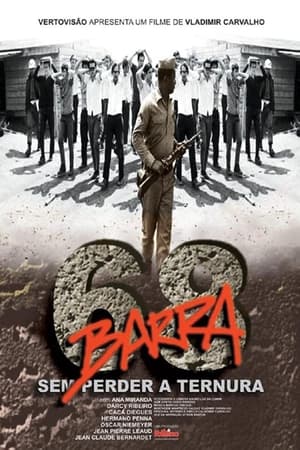 6.0
6.01968 - Without Losing Tenderness(pt)
The story of the University of Brasília, since it was only a project in Darcy Ribeiro's head until the fateful events in August 1968 when its campus was invaded by the police, during the military dictatorship, thus putting an end to its independence.
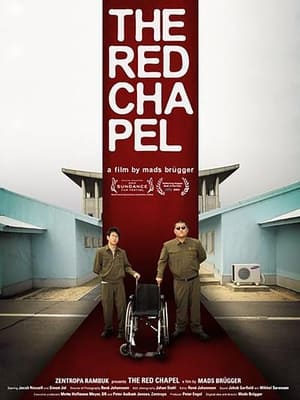 7.1
7.1The Red Chapel(da)
Two Danish comedians join the director on a trip to North Korea, where they have been allowed access under the pretext of wanting to perform a vaudeville act.
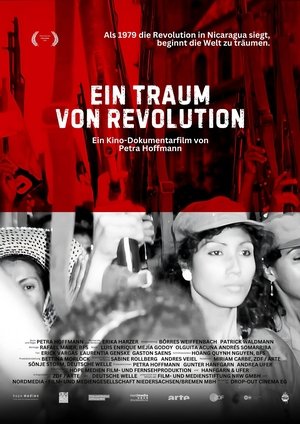 8.5
8.5Ein Traum von Revolution(de)
When the revolution in Nicaragua won its victory nearly 40 years ago, the world began to dream. A young generation was taking the reins in a country of grand utopias. From West Germany alone, 15,000 “brigadists” travelled to help rebuild the war-torn country: liberals, greens, unionists, social democrats, leftists and church representatives harvested coffee and cotton, built schools, kindergartens and hospital wards. No movement has mobilised so many people. What became of the hopes and dreams of the revolutionaries and their supporters?
